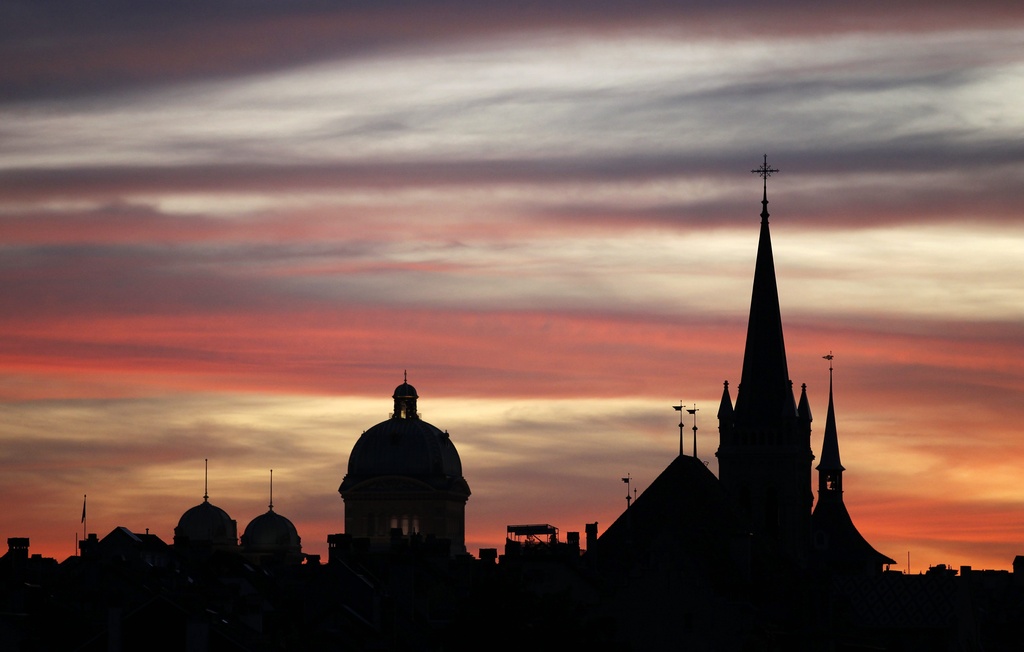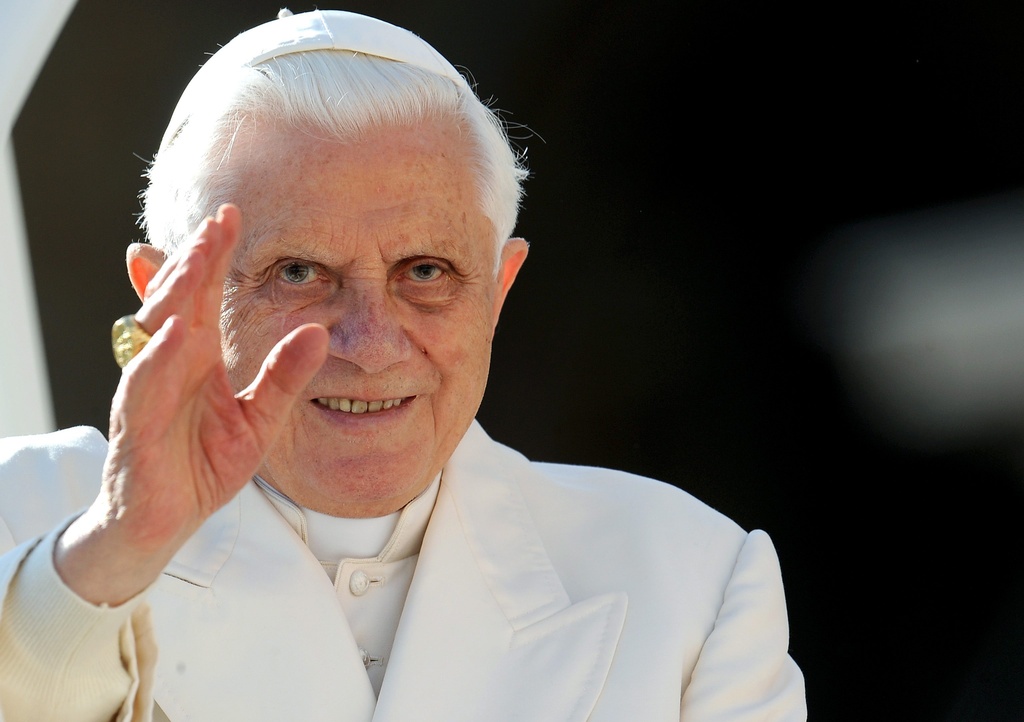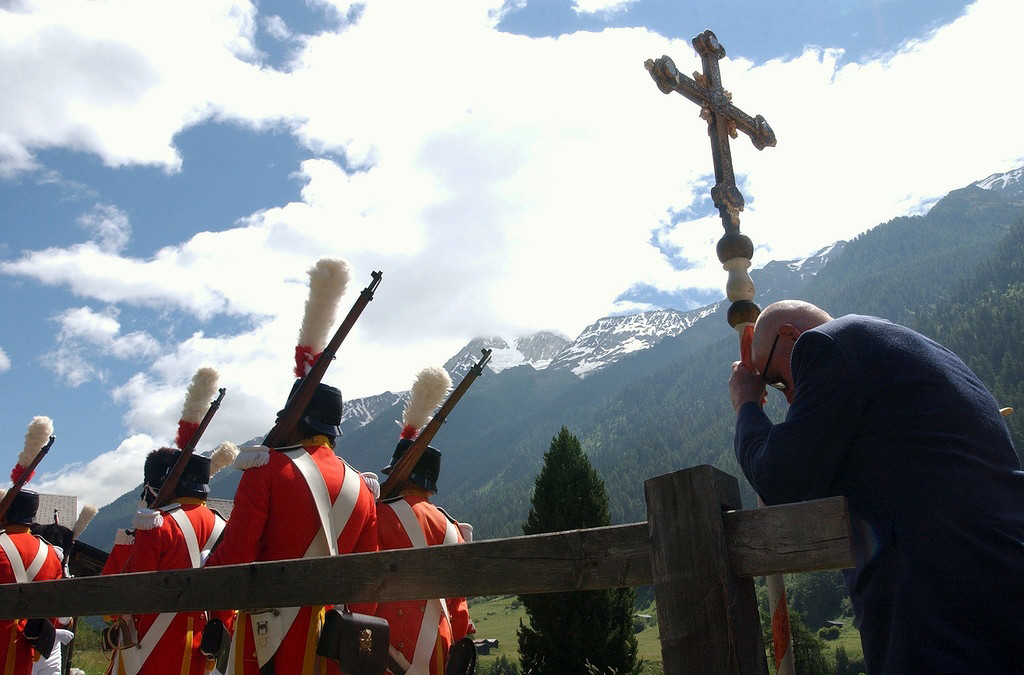New legislation creates dilemma for Mormons

The Swiss authorities say moves to prevent missionaries from the United States from working in Switzerland are not directed specifically against Mormons.
Swiss Mormons and many swissinfo readers reject the ban as unfair and incomprehensible.
The problem has arisen because rules allowing the free movement of people between Switzerland and the European Union, which came into effect in 2002, were counterbalanced by severe restrictions on the numbers of third country nationals allowed to take up residence in Switzerland.
“We always used to have a quota system, and that worked very well,” Peter Gysler, Swiss media spokesman for the Church of Jesus Christ of Latter-day Saints – the official name of the Mormon church, told swissinfo.ch.
“With the new rules, the number of residence permits for Americans was cut, and then Swiss businesses complained that they didn’t have enough. So they looked around to see where they could reduce the numbers, and decided on the Mormons,” he said.
Quotas
He explained that all the missionaries are volunteers who pay their own way, and yet Swiss legislation regards them as paid workers, who therefore fall under the overall quota system.
A position paper issued by the LDS points out that young missionaries who get to know and love a country and its people “make a valuable contribution to understanding between nations”, and their positive feelings can only be of benefit to the host country.
“They are not taking anyone’s job and are in no way a burden on the country,” says the position paper.
This is not disputed by the Federal Migration Office, which is responsible for allocating permits. But it is not the point, as Adrian Wymann, head of the Labour Market Section for German-speaking Switzerland, told swissinfo.ch.
“The question of whether they are being paid is irrelevant,” he said.
It all goes back to an ordnance of 1986, which gave a very broad definition of gainful employment, in order to prevent employers taking on foreign nationals as “trainees” and paying them lower wages.
The Mormons challenged this all the way up to the Federal Court, which stated in 1996 that actually being paid is not the issue.
“If you are doing something which by regular Swiss standards you can expect to be paid, then that is gainful employment,” Wymann explained.
Skilled workers
Under the Foreign Nationals Act of 2008, residence permits can only be given to third country nationals who are skilled and qualified.
“The only professional vocation that we can accept is ‘religious caretakers’,” said Wymann – an expression used to refer to a trained person, like a priest, vicar, Buddhist monk or nun, Muslim imam and so on.
But while the Migration Office is prepared to be “subtle”, as Wymann put it, Swiss legislation includes the principle of equal treatment, and this poses a problem in the case of the Mormons, despite the fact that the Mormons have long links with Switzerland.
“If we say we’ll continue to accept around 200 Mormon missionaries every year, and accept that they have a four month training before coming to Switzerland, there’s no way we can not accept missionaries from Brazil, from Africa, from religious communities which may not be as well known as the Mormons, which may be dubious or not – we don’t know.”
“From a legal point of view, we would have no way of saying ’no’ to those communities.”
The Migration Office grants about a dozen permits every year to the international scout movement – “an organisation that we know and can trust”.
The difference between the Mormons and the scouts is that religion is one “box” and youth exchange an entirely different one, Wymann explained.
Discrimination?
As it is, the fact that LDS missionaries were allowed a transition period between the coming into force of the Foreign Nationals Act and the end of the quota system for them, could be seen by other religious groups as discrimination.
While some of swissinfo’s readers are hostile to the LDS, many cannot understand the ban.
“I served as a missionary for the Church of Jesus Christ of Latter-day Saints for two years in Switzerland. .. I love Switzerland and I love the people. It seems that the birthplace of the Reformation should continue to be a place of religious freedom and tolerance,” wrote one.
Working for solutions
Wymann said that the Mormons had been given time to adapt because “we don’t want things to come to a grinding halt”.
He insisted that the door was open and that talks are going on. While the Swiss side has made it clear that the current practice is unconstitutional, they have also pointed to ways out of the dilemma.
LDS missionaries would have no problem if they had been trained for two or three years and had additional professional experience; they would then be regarded as religious caretakers.
But as Wymann admitted, the Mormons are unlikely to introduce special training specially for Switzerland.
Another possibility could be for them to come as students, but in this case they would have to matriculate at a Swiss university and would not be allowed to work for six months, and then only for 15 hours a week.
And any legislation can be changed in Switzerland – but it is not up to the federal authorities but to the particular interest group to try to bring this about. The Mormons might not find this easy.
So whether US LDS missionaries will ever appear again on Swiss streets after 2011 is up in the air; missionaries from EU countries will evidently not be affected.
“It’s not directed against the Mormons,“ said Wymann. “It’s simply bringing things back into line in order for us to be able to say we don’t have a practice here that is unconstitutional.”
Missionary work for The Church of Jesus Christ of Latter-day Saints began in Switzerland in 1850.
Today members in Switzerland total approximately 7,000 with 40 congregations gathering in 27 meeting houses.
High ideals are taught with a strong emphasis on family life, as well as abstinence from alcohol and tobacco.
The first church temple built in Europe was completed in Zollikofen, near Bern, in 1955. Initially, it served church members throughout Western Europe and the Nordic countries.
Considered “houses of the Lord,” and distinct from meeting houses, temples allow faithful church members to carry out various ordinances such as marriages, baptisms, and other sacred ceremonies.

In compliance with the JTI standards
More: SWI swissinfo.ch certified by the Journalism Trust Initiative














You can find an overview of ongoing debates with our journalists here . Please join us!
If you want to start a conversation about a topic raised in this article or want to report factual errors, email us at english@swissinfo.ch.